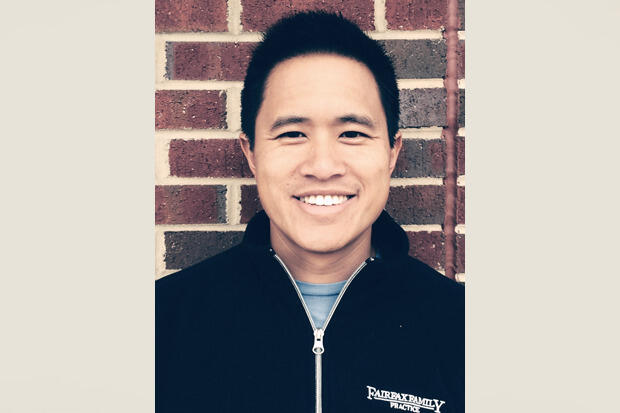
Oct. 8, 2014
Study finds global health education shortage in medical schools and residencies
Share this story
Medical schools and residencies are not keeping up with an increased demand for global health education programs, according to a Virginia Commonwealth University-led study that was published this month in the Family Medicine journal.
“We found that educators frequently relied on personal funds and vacation time to continue global health activities,” said Winston Liaw, M.D., assistant clinical professor in the Department of Family Medicine and Population Health, VCU School of Medicine. “They also expressed concern regarding future funding and were pessimistic about the potential for increases in funding.”
Liaw led another study that was published in the September issue of the Journal of Graduate Medical Education that found that residents graduating after the implementation of global health tracks were more likely to practice in underserved areas than those who graduated prior to the implementation of those tracks. “They tend to draw altruistic students who are likely to go into primary care,” said Anton Kuzel, M.D., chair and professor in the Department of Family Medicine and Population Health, VCU School of Medicine.
Little had been written about the financial strength of global health programs or how established programs have achieved sustainability prior to the Family Medicine journal study, which was also led by Liaw along with researchers from the Robert Graham Center, Georgetown University, University of Cincinnati and Rosalind Franklin University in Chicago. The study, which was conducted through a cross-sectional survey of the Society of Teachers of Family Medicine’s Group on Global Health, found that schools with formalized global health education tracks had more success financially supporting such endeavors.
“Creating formalized tracks can be helpful,” Liaw said. “The process of publicly declaring aims and being held accountable to learners appears to be important.”
The next step is to discover how successful programs were able to grow. Liaw plans to build on this study by interviewing educators at successful programs to determine the factors that contributed to their advancement.
Students and residents at the VCU School of Medicine are offered opportunities for global health engagement through tracks in global health and health disparities.
The study was funded through a $5,000 grant from the Society of Teachers of Family Medicine Foundation.
Subscribe to VCU News
Subscribe to VCU News at newsletter.vcu.edu and receive a selection of stories, videos, photos, news clips and event listings in your inbox.













